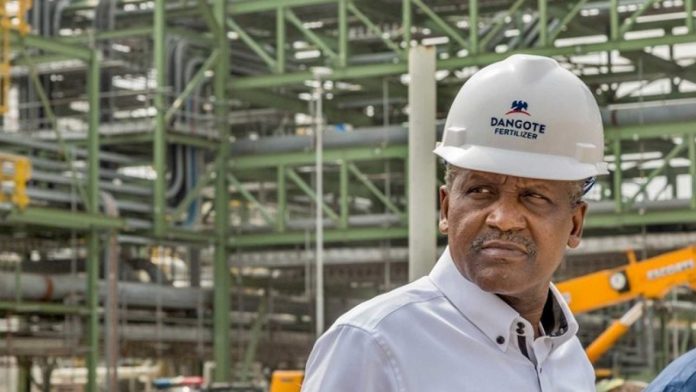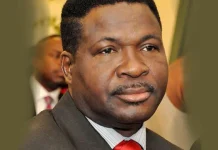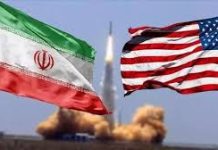According to an official statement from Dangote Refinery, the firm has not filed any new cases against Nigeria National Petroleum Corporation Limited (NNPCL).
In response to the news that the Refinery and Petrochemicals FZE has petitioned the Federal High Court in Abuja to cancel import licenses granted to the Nigeria National Petroleum Corporation Limited and five other firms for the purpose of importing refined petroleum products, the company stated.
The case against oil regulators focused on the importation of refined petroleum products, which Dangote Refinery said were already produced domestically without shortages.
Dangote Refinery has filed a lawsuit against the Nigerian Midstream and Downstream Petroleum Regulatory Authority (NMDPRA) seeking ₦100 billion in damages.
The refinery claimed that the NMDPRA unlawfully continued to give import permits to NNPCL, Matrix Energy, and others for items including as diesel and jet fuel, despite Dangote’s output capacity surpassing Nigeria’s current daily use of these products.
The defendants in the lawsuit are: NMDPRA, NNPCL, A.Y.M Shafa Limited, A. A. Rano Limited, T. Time Petroleum Limited, 2015 Petroleum Limited, and Matrix Petroleum Services Limited.
In its originating summons, Dangote argued that the NMDPRA has violated sections 317(8) and (9) of the Petroleum Industry Act (PIA) by issuing import licenses under circumstances where no product shortfall exists.
The refinery contended that such licenses should only be granted when there is a demonstrated need for imported products.
The affidavit from Dangote Refinery Group stated that the import licenses issued to other companies are detrimental to Dangote’s business, which has invested billions of dollars into production. The company claimed that these actions have resulted in a lack of patronage for Dangote’s products.
The group alleged that NMDPRA has threatened to impose a 0.5% levy on Dangote’s wholesale transactions, which contravened statutory provisions that restrict such levies on transactions within free zones, arguing that the establishment of free zones aims to encourage competition and attract foreign investment.
Dangote’s legal team asserted that the situation necessitated judicial intervention to prevent ongoing violations of statutory provisions favouring certain entities over others.
The refinery sought an injunction to prevent the NMDPRA from issuing or renewing import licenses for the defendants.
Additional reliefs sought include general damages of ₦100 billion against NMDPRA, an order directing the NMDPRA to seal off all facilities used by the defendants for storing imported refined petroleum products, a declaration that as a registered free-zone enterprise, Dangote is exempt from all federal, state, and local government taxes, levies, and rates, a declaration that imposing additional levies on Dangote is contrary to various legislative acts, an order directing the NMDPRA to withdraw all import licenses issued to the defendants.
At Monday’s proceeding, Dangote’s legal team informed the court of ongoing discussions between the parties aimed at reaching a settlement. He requested an adjournment to facilitate these negotiations.
The presiding judge, Justice Inyang Ekwo subsequently adjourned the case to January 20, 2025, for the report.
“This is an old issue that started in June and culminated in a matter being filed on September 6, 2024. Currently, the parties are in discussion since the President Bola Tinubu’s directive on Crude Oil and Refined products sales in Naira Initiative, which was approved by the Federal Executive Council (FEC).
“We have made tremendous progress in that regard and events have overtaken this development. No party has been served with court processes and there is no intention of doing so. We have agreed to put a halt to the proceedings.
“It is important to stress that no orders have been made and there are no adverse effects on any party. We understand that once the matter comes up January 2025, we would be in a position to formally withdraw the matter in court”, Dangote said in a statement.













